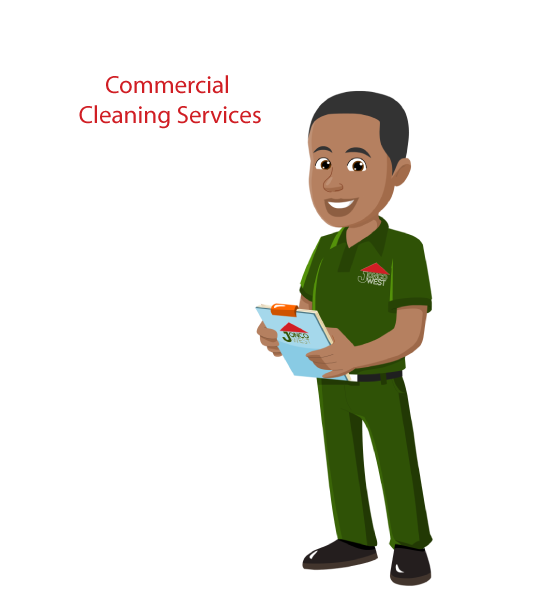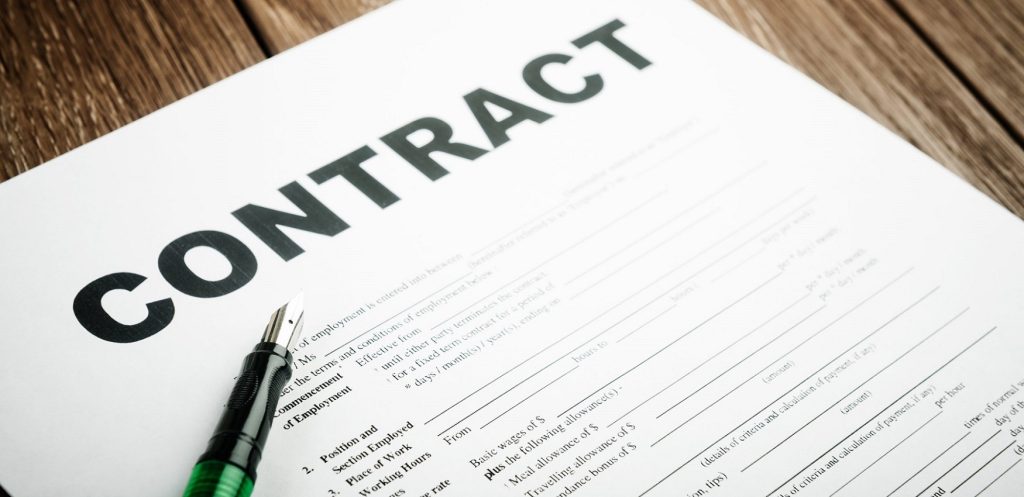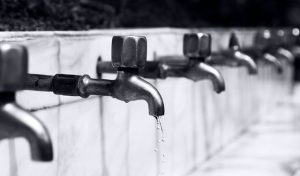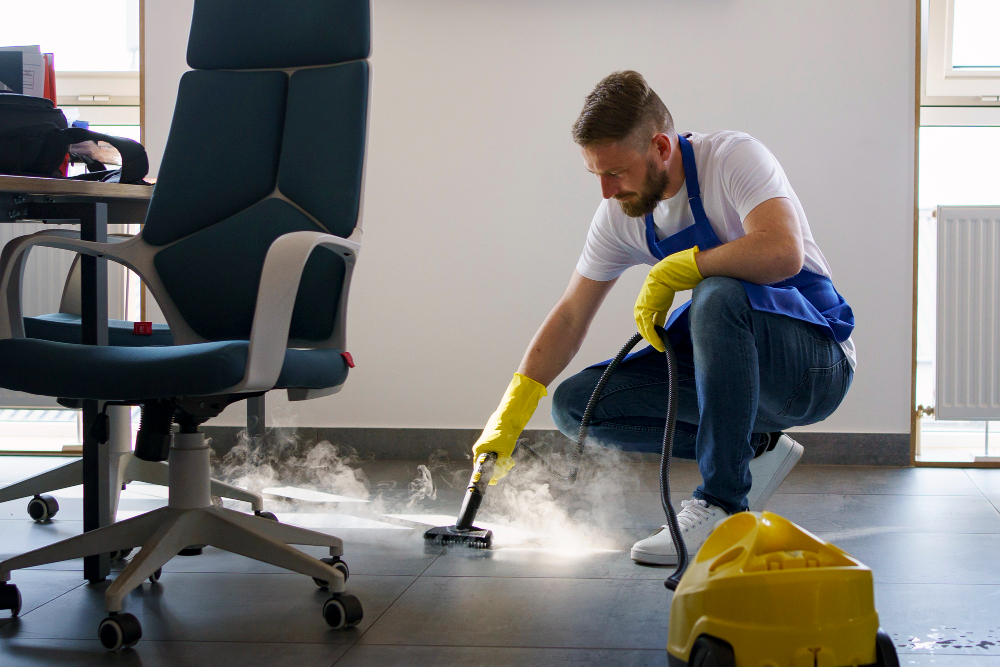Commercial cleaning contracts ensure the facility and the cleaning company are on the same page regarding services and pricing. It’s a business agreement that outlines all the details, so a clear understanding helps prevent potential hiccups later. We’ll cover what details to review in a commercial cleaning contract, including services, pricing, scope of work, supplies, and the fine print.
Why are contracts for commercial cleaning necessary?
A business contract guarantees that you and your clients agree to the services you will render, their timing, and how you will be compensated. When you have a formal document, it can also be simpler to settle any problems.
Use your contract and the scope of your services to negotiate any changes if a client wants to raise your level of service without increasing payment.
Whatever name you give the agreement—commercial cleaning contract, janitorial service contract, cleaning service agreement—whatever it is, it all boils down to the fact that both parties must agree to particular terms and put them in writing.
1. Types of Services
An important contract piece is the type of service and its specifications. The contract should detail what services the commercial cleaning company will provide and what equipment will be used. The details of the cleaning services need to be specified in your contract whether you have janitorial, day porter, cleanroom, data center cleaning, or facility maintenance services.
For example, if you’re signing a contract for day porter services, the contract should include the specific areas for maintenance and types of spot cleaning.
2. Scope of Work and Supplies
The commercial cleaning company does a walk-through of the facility during the bidding process and captures the following details to help create the estimate and contract.
- Frequency of cleaning (once a week, three times a week, five times a week) and a schedule
- Overall square feet of the facility
- Types of floor surfaces and square footage of each (carpet, vinyl flooring, ceramic tile)
- Types of rooms in the facility–general office, break room, restrooms, etc. Information should also note the number of toilets/stalls and fixtures in each restroom and the types of restroom supplies preferred.
- Any special considerations include heavy traffic areas, elevators, special requests, etc.
- Setup of furniture in the facility. For example, is it tight with a lot of furniture, offices, and partitions, or is it more wide open?
- Details about the specific services for the facility and the frequency of each. This can be a task list. For example, some buildings may need dusting done more frequently than others.
- Specifications regarding who is responsible for supplies–the commercial cleaner or the client (trash bags, restroom supplies, etc.)

3. Pricing
Several factors impact the pricing, including square footage and types of services required. Make sure the pricing information is detailed and captures everything you need. Review how and when you will be billed (payment due dates, preferred payment methods, how you’ll be billed).
4. The Fine Print
Review the length of the contract, how to renew it, and how to cancel the contract if needed. If there’s information about how to dispute an issue, review that information as well. These details can help you and the commercial cleaning business. For example, who should you contact if you have an issue?
Benefits of using a contract for cleaning services
Review the length of the contract, how to renew it, and how to cancel the contract if needed. If there’s information about how to dispute an issue, review that information as well. These details can help you and the commercial cleaning business. For example, who should you contact if you have an issue?
Contact Us
We’ll work with you to create a plan that suits your facility’s needs. We’ve provided superior commercial cleaning services for 50 years and are experts in the business. Contact us, and we’ll help!
FAQ'S
- Which areas need cleaning?
- When to clean?
- What cleaning products do you use?
- Are there specific security measures or access restrictions?
- How do we communicate and give feedback?
Contract cleaning is great because experts do the cleaning job really well. Plus, it keeps things consistently clean by having a regular schedule making sure your place stays neat and hygienic.
- Introduction
- Scope of Work.
- Schedule and Frequency
- Payment Terms
- Duration and Renewal
- Cleaning Products and Equipment
- Insurance and Liability
- Confidentiality and Security
- Communication and Feedback
- Compliance with Laws
- Signatures
If you require cleaning services for your business, simply inform them that you are interested in a cleaning contract. Inquire about the services they offer and advise meeting with them to iron out details such as frequency of cleaning and pricing. It’s an easy way to start a discussion!

















